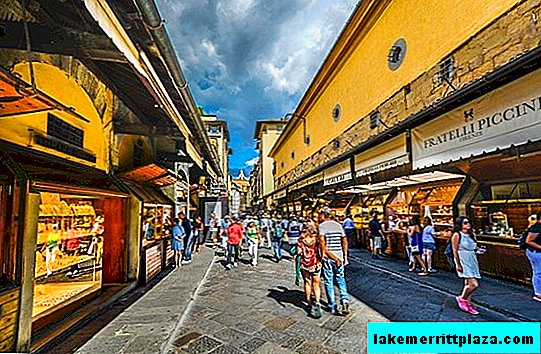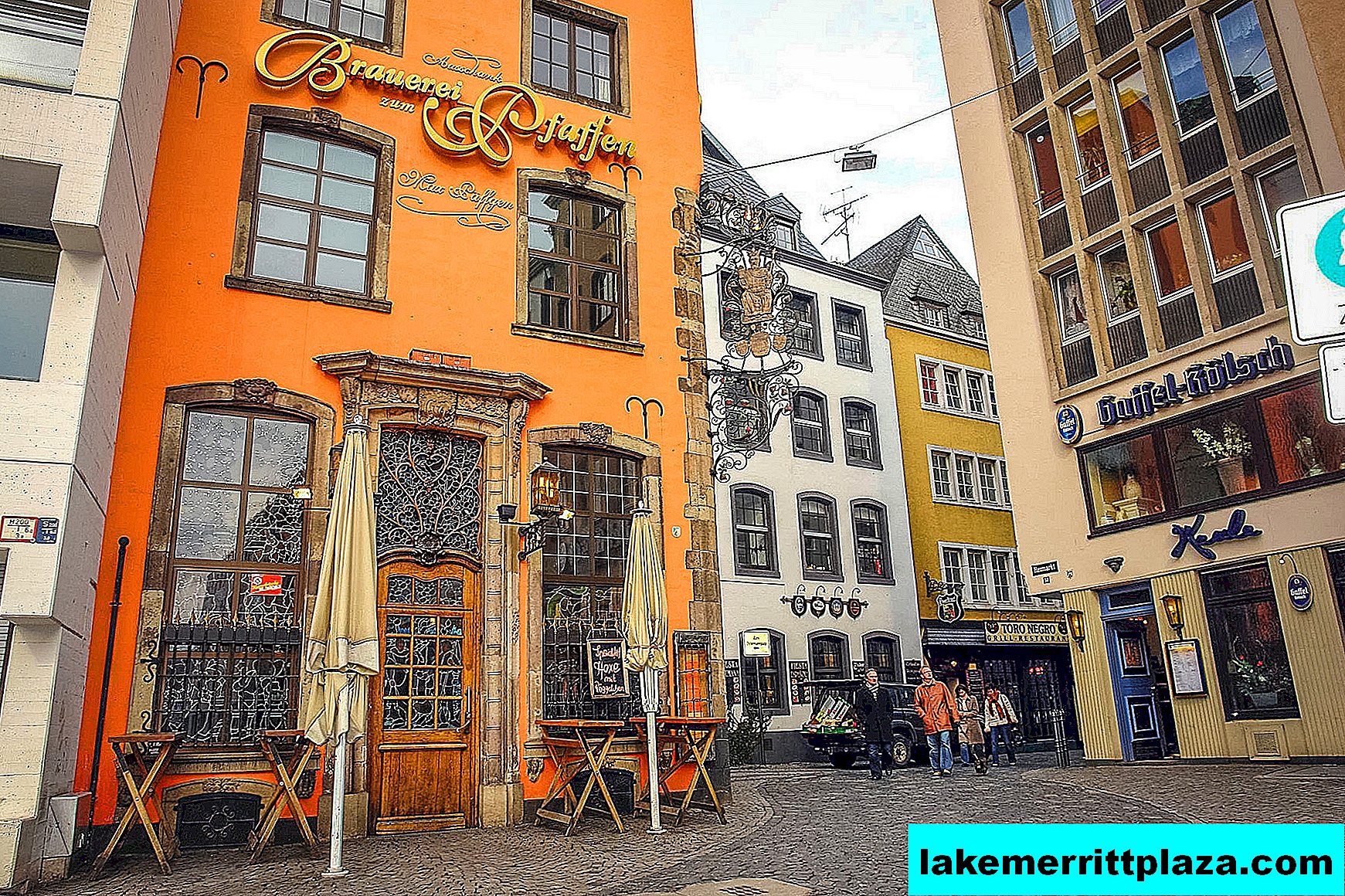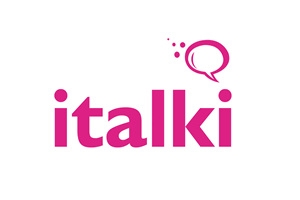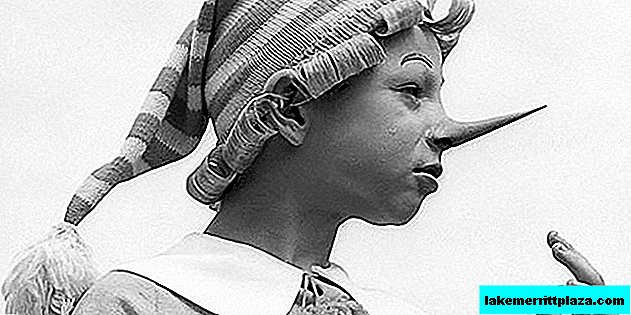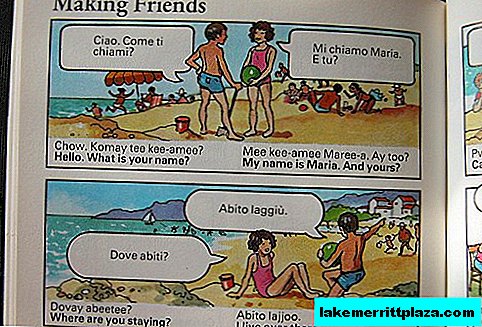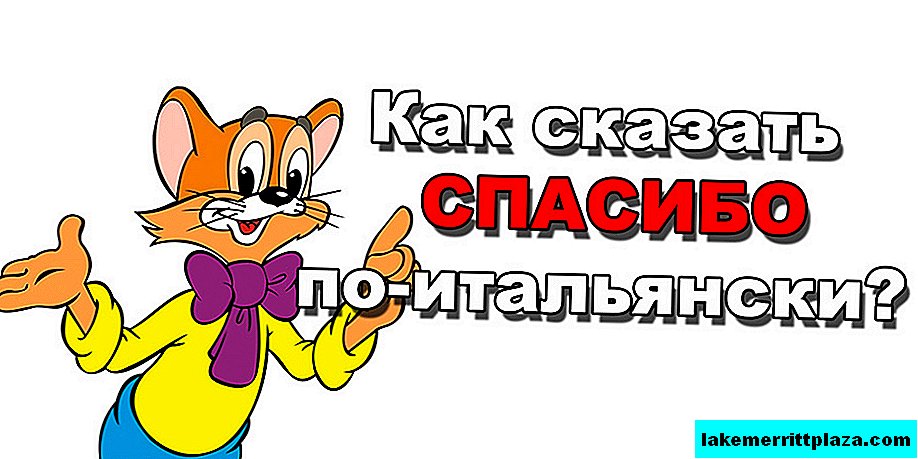It only seems that the colloquial speech of Italians' greetings is limited exclusively to "Ciao!" Today we will study all the greetings in Italian with transcription and translation.
A few months ago I came to work in a new office. After a long timeout, it was both great and scary. My new colleagues sincerely surprised me by the fact that they always smile, always say hello, say goodbye at the end of the day and apologize if necessary.
How pleasant morning is now when they say with a smile, "Good morning!"and on Friday night along with the words "Goodbye!" you hear the wishes for a good weekend. Agree, you quickly get used to the good. There is a special melody, magic in these words-wishes and intonations with which they are pronounced, and you too begin to smile and answer "See you!", "All the best!"
You know, speaking the same thing in Italian is no less pleasant and no less beautiful. It only seems that the vocabulary of the Italians' greetings and farewells is limited exclusively to "Ciao!" A short word, and conquered almost the entire European world.
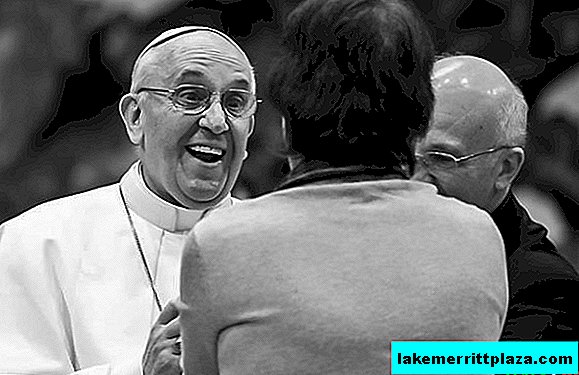
Let's take a closer look at the history of this greeting. It appeared in the Venetian dialect and at first sounded like "s'ciao vostro", and before that "schiavo vostro". If you literally translate phrases, you get "your slave" or "at your service."
However, they don’t greet strangers like that. The word "ciao" is used between family members, relatives or friends.
Rule 1: Don't Abuse Greeting "ciao" with strangers.
The traditional greeting of Italians and the second most popular after Chao - Salve salve. This word came from the Latin language, they greeted each other in the times of the Roman Empire, and today it is used in situations where you do not know the people with whom you began to communicate.
If you suddenly forgot how to say "Hello", wish a good day - Buongiorno buongiorno. The phrase is remembered very easily: buono buono - good, giorno giorno - day. Other greetings and goodbye phrases are built on the same principle.
Rule 2: Buongiorno You can talk both in the morning and in the afternoon. The Italians’ day begins in the afternoon, but it’s worth remembering one more wish for a good day - Buon pomeriggio pomeridzhio bud.
It was the wish of a good day that saved me from hunger in Brussels. For a long time I wandered through the old streets of the city in search of a cozy restaurant. People were sitting around on the open terraces, in front of them stood delicious plates of dishes, but at that moment I wanted only one thing - a large portion of fragrant meat lasagna. And, oh, salvation, in the midst of French dialect and English calls of the same foreigners like me, I heard the long-awaited Buongiorno! The Italian cafe was very close. I also greeted, and my greeting was the key to a beautiful and tasty dinner.
In general, the wish for something good is in the style of Italy. This is a good Sunday - Buona domenica (Domenik's bud (in the Italian word "Sunday" we emphasize the 2nd syllable), and a good weekend - Buon fine settimana Settiman’s fin boom (literally “a good end to the week”), and wishes for a great vacation - Buona vacanza! the bud of the Wakan.
But the day, as you know, passes very quickly. There is a long-awaited evening for many - a time when you can meet friends, sit in your favorite restaurant or, conversely, spend time with your family. The Italian evening comes after 5 p.m. and is spoken as Buonasera boonacera.

Rule 3: Buonasera speak after 5 p.m. It smoothly turns into a good night's wish - Buonanotte Buonanotte.
Honestly, with good people and friends I really do not like to say goodbye. However, delaying this moment does not make sense, and leaving in English without saying goodbye is somehow indecent. In Italian, there are many variations of the words of farewell. For example, we already know Ciao! - “Bye”, very bright and emotional Arrivederci! arrivederchi - "Goodbye!". Planning to see friends later, speak A presto! and prestoA dopo and dopo - "see you soon," or just Ci vediamo! Chi vediamo - "See you!"
It seems that the art of politeness has exhausted itself on this? Perhaps not really. If only because acquaintance with Italians does not end there. Especially if you are invited to visit. The first thing you hear is Benvenuto! Benvenuto - Welcome! And what will happen next - find out the next time. A presto!

